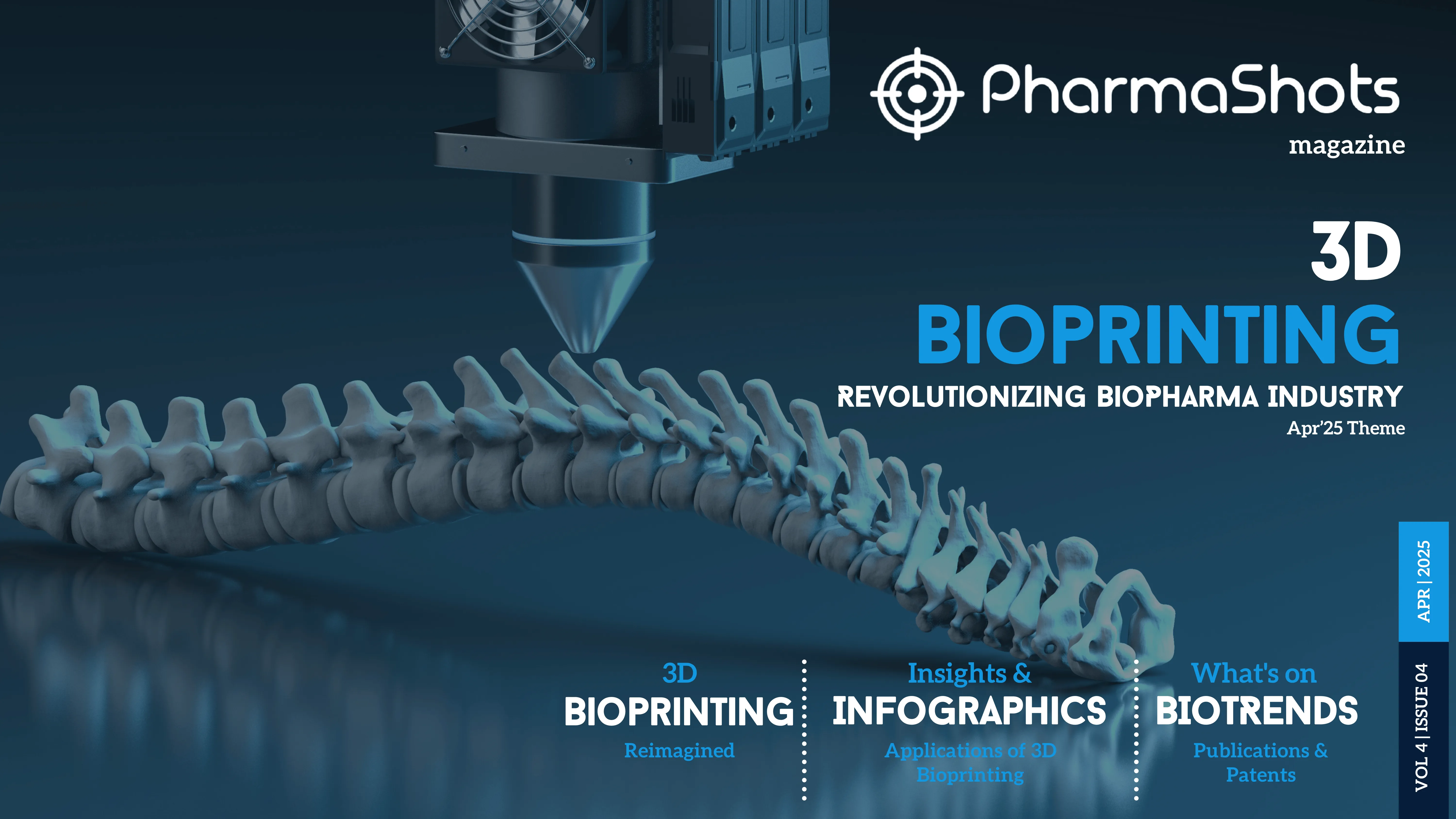
What Is the Best Treatment for Hernia: Surgery vs. Non-Surgery
A hernia can be a frustrating and even debilitating condition that disrupts your daily life. Whether it’s the occasional discomfort or more severe pain, a hernia can significantly affect your quality of life. But when faced with treatment options, many wonder: is surgery the best way to address a hernia, or are there effective non-surgical options to consider? Let’s explore these options to determine the best treatment path for you.
Surgical Treatment for Hernia
Hernia surgery is often regarded as the definitive solution for most types of hernias. Surgical intervention involves repairing the weakened area of the abdominal wall and, in many cases, reinforcing it with a surgical mesh. This procedure is typically recommended for hernias that are growing larger, causing significant pain, or at risk of complications like strangulation or cutting off the herniated tissue's blood supply.
One of the primary benefits of hernia surgery is its long-term effectiveness. Once repaired, the chances of the hernia recurring are significantly reduced. Minimally invasive laparoscopic surgery and other modern methodologies have also made the process less daunting, with reduced recovery times and smaller scars compared to traditional open surgery.
For many people, surgery is the preferred option, especially for hernias that are growing, causing significant discomfort, or at risk of complications like strangulation. In Singapore, you can find specialized care at hernia surgery Singapore, where expert surgeons provide tailored treatment to ensure the best outcomes.
Non-Surgical Options for Hernia
Non-surgical treatments for hernias are usually recommended in specific cases, such as when the hernia is small, not causing significant symptoms, or when surgery is deemed risky due to underlying health issues. Some common non-surgical options include:
- Lifestyle Adjustments: Losing weight, avoiding heavy lifting, and adopting a healthier diet can reduce strain on the abdominal wall, minimizing hernia-related discomfort.
- Hernia Belts or Trusses: These supportive devices can help hold the hernia in place and provide relief from discomfort. However, they are not a permanent solution and must be used with caution under medical supervision.
- Medications: For hiatal hernias, which affect the stomach and diaphragm, antacids and other medications can manage symptoms like heartburn and acid reflux.
While non-surgical treatments may alleviate symptoms, they do not resolve the underlying issue. Over time, the hernia may worsen, and surgical intervention could become inevitable.
Comparing Surgery and Non-Surgical Approaches
When deciding between surgery and non-surgical options for hernia treatment, the type of hernia, severity of symptoms, and overall health must be considered. Hernias, including inguinal hernias, umbilical hernias, incisional hernias, and epigastric hernias, occur due to a hernia defect in the abdominal wall, which allows organs or tissues to protrude abnormally. Addressing these hernias promptly is essential to prevent complications.
Surgical Approaches
Pros:
- Surgical options such as open hernia repair or inguinal hernia repair offer long-term relief by addressing the hernia defect directly.
- Surgery is effective for various types of hernias, including abdominal wall hernias, inguinal hernias, and groin hernias.
- Early surgical intervention minimizes the risk of hernia strangulation or obstruction, which can lead to severe hernia pain and compromised health.
- Minimally invasive procedures, like laparoscopic inguinal hernia repair, often lead to shorter recovery times and less postoperative discomfort compared to traditional methods.
Cons:
- Even minimally invasive surgeries require downtime for healing, particularly for larger hernias such as incisional hernias or abdominal hernias.
- Surgery carries inherent risks, including infection, bleeding, or recurrence of the hernia.
- Surgical procedures can be costly, especially for those without insurance coverage.
- For small or asymptomatic hernias, such as a small hernia or minor umbilical hernia, immediate surgery may not be warranted.
Non-Surgical Approaches
Pros:
- Non-surgical methods avoid the risks and recovery time associated with surgery.
- Supportive treatments, such as wearing a hernia belt, can alleviate hernia pain and improve comfort.
- For individuals with minimal hernia symptoms, "watchful waiting" allows for close monitoring without unnecessary intervention.
- Non-surgical options are often less expensive and more accessible than surgery.
Cons:
- Non-surgical approaches do not repair the hernia defect and are often only short-term solutions.
- Hernias, including inguinal hernias and incisional hernias, may worsen over time if left untreated.
- Non-surgical methods are generally ineffective for advanced or symptomatic cases, such as a large abdominal hernia or a strangulated hernia.
- Persistent discomfort and activity limitations are common for those who delay surgical repair.
Surgery, such as hernia repair surgery, provides a definitive solution, while non-surgical options are mainly palliative. Non-surgical methods are suitable for individuals with mild hernia symptoms or those unfit for surgery, whereas surgery is recommended for hernias that significantly impact quality of life or pose health risks. While surgical recovery may involve temporary restrictions, non-surgical methods can lead to prolonged discomfort and lifestyle limitations if the hernia progresses. Delayed surgery for conditions like inguinal hernia or umbilical hernia increases the likelihood of hernia strangulation.
Bottom Line
The best treatment for a hernia depends on your unique situation. Surgery offers a long-term solution with a high success rate, particularly for hernias that are causing significant discomfort or pose health risks. For those who prefer to delay surgery or are not suitable candidates, non-surgical options can help manage symptoms in the short term.
Related Post: Bridging the Biopharma Gap with Consulting Firms
Tags

Logan Pierce is a medical science writer focusing on health and wellness topics. In his article, he compares surgical and non-surgical options for hernia treatment, discussing factors like severity, patient health, and lifestyle. Logan provides readers with insights into when surgery might be necessary and how non-surgical methods, such as monitoring and lifestyle adjustments, can be effective in specific cases. Outside of his writing, he enjoys hiking, studying medical advancements, and volunteering for health education initiatives.














